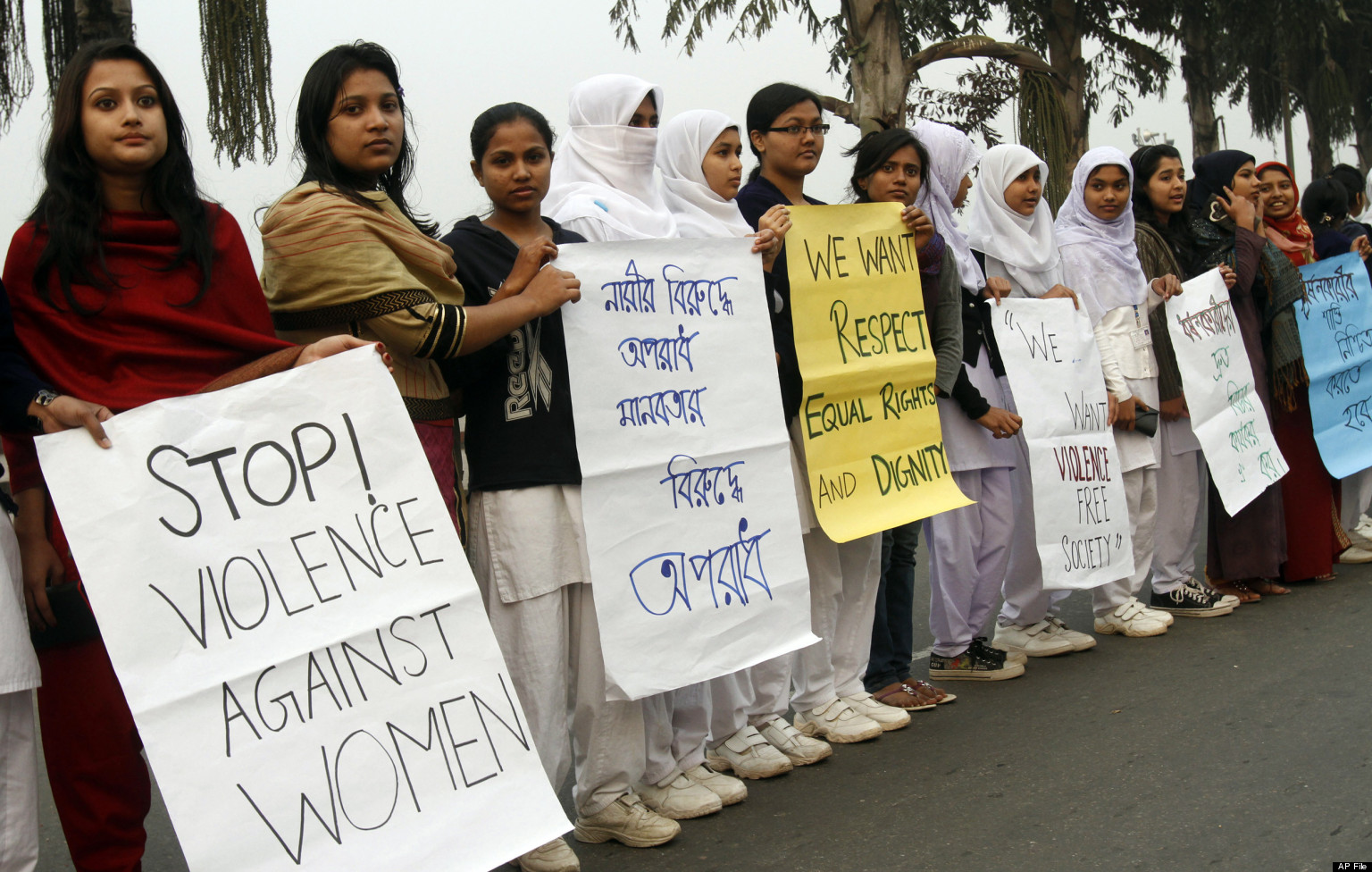The next day he was due to appear at the city’s district court and 500 slum residents gathered. As Yadav arrived, one of his henchmen tried to pass him knives wrapped in a blanket under the noses of the police. After the women protested, the accomplice was arrested and Yadav taken back into custody, but not before he threatened to return and teach every woman in the slum a lesson.Hearing that Yadav was likely to get bail yet again, when he returned to court, the women decided to act. “It was not calculated,” Narayane says. “It was not a case that we all sat down and calmly planned what would happen. It was an emotional outburst. The women decided that, if necessary, they’d go to prison, but that this man would never come back and terrorise them.”On the day of Yadav’s hearing, 200 women came to the court armed with vegetable knives and chilli powder. As he walked in, Yadav spotted one of the women he had raped. He called her a prostitute and threatened to repeat the crime against her. The police laughed. She took off her sandal and began to hit him, shouting, “We can’t both live on this Earth together. It’s you or me.”It was a rallying cry to an incensed mob. Soon, he was being attacked on all sides. Knives were drawn and the two terrified officers guarding him ran away. Within 15 minutes, Yadav was dead on the courthouse floor. But his death has not brought the women peace. Five were immediately arrested, then released following a demonstration across the city. Now every woman living in the slum has claimed responsibility for the murder. They say no one person can take the blame: they have told the police to arrest them all.
But it is Narayane who is in limbo as she waits for her case to be heard. “After the murder, society’s eyes opened: the police’s failings came to light. That has irritated them. The police see me as a catalyst for the exposure and want to nip it in the bud.”
They face a fight. Narayane is loudly unrepentant. “I’m not scared. I’m not ashamed,” she says. “We’ve done a good thing for society. We will see whether society repays us”.
Read the full story at The Guardian UK.







